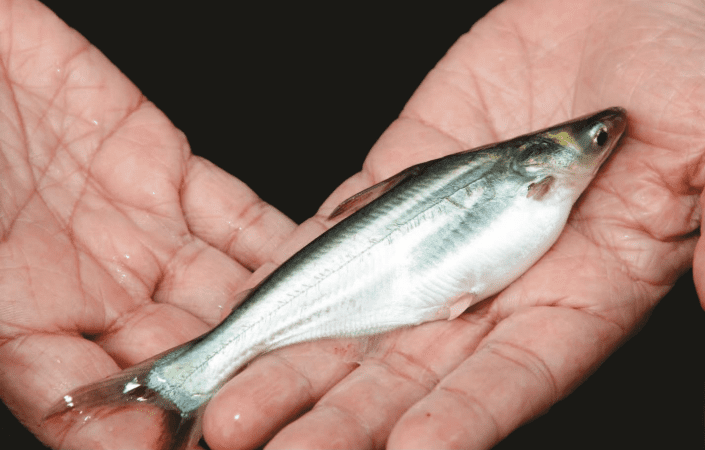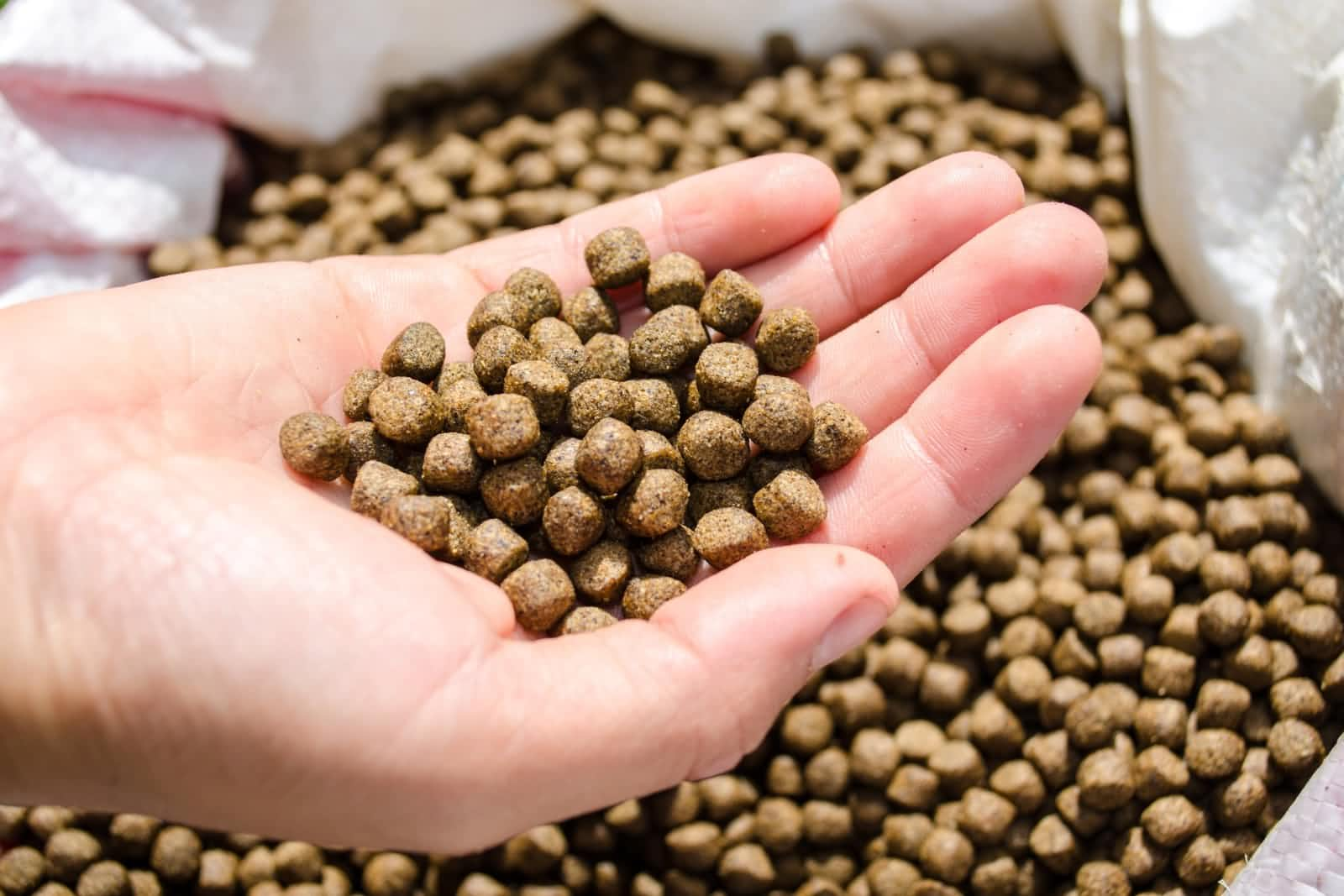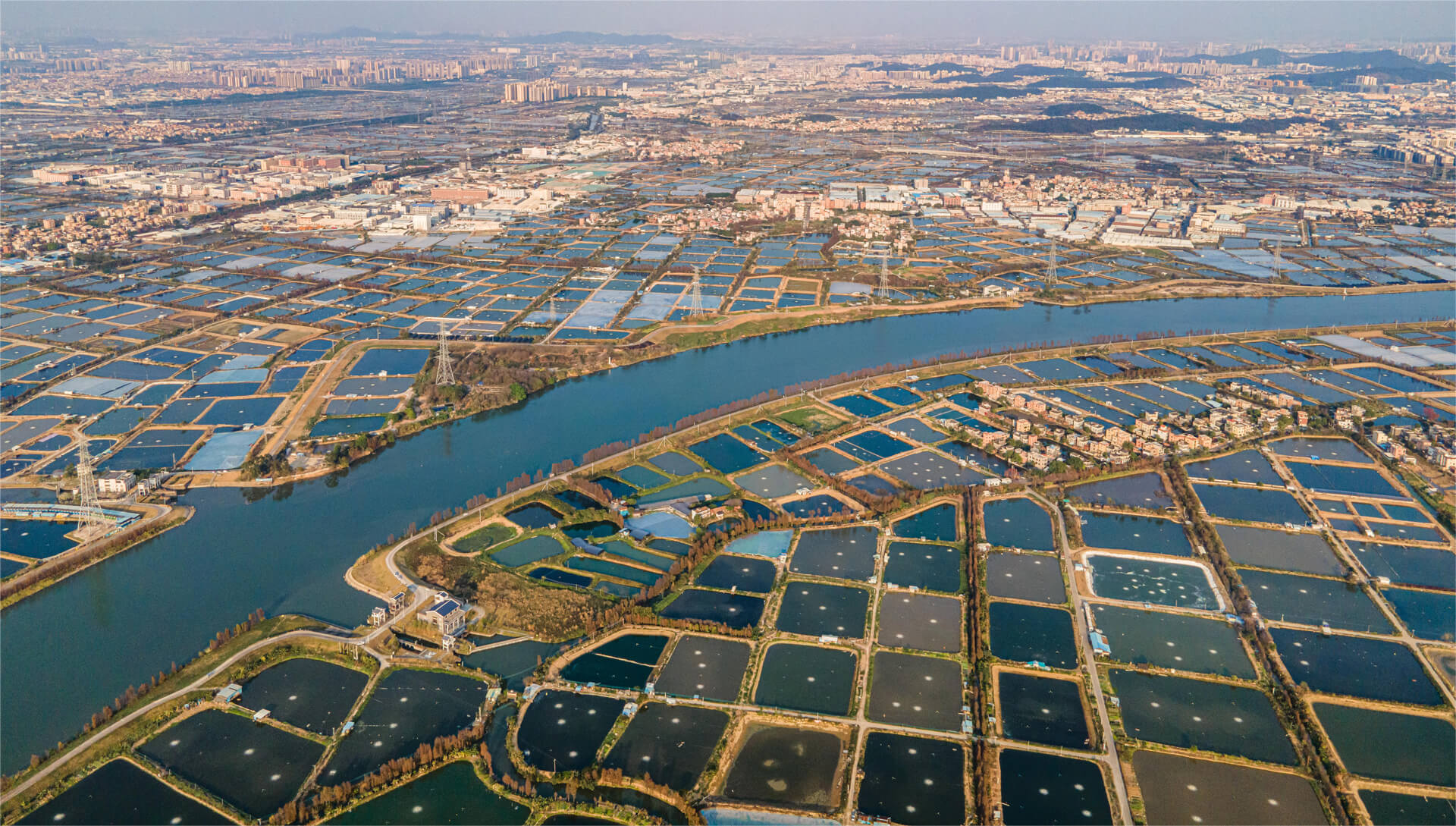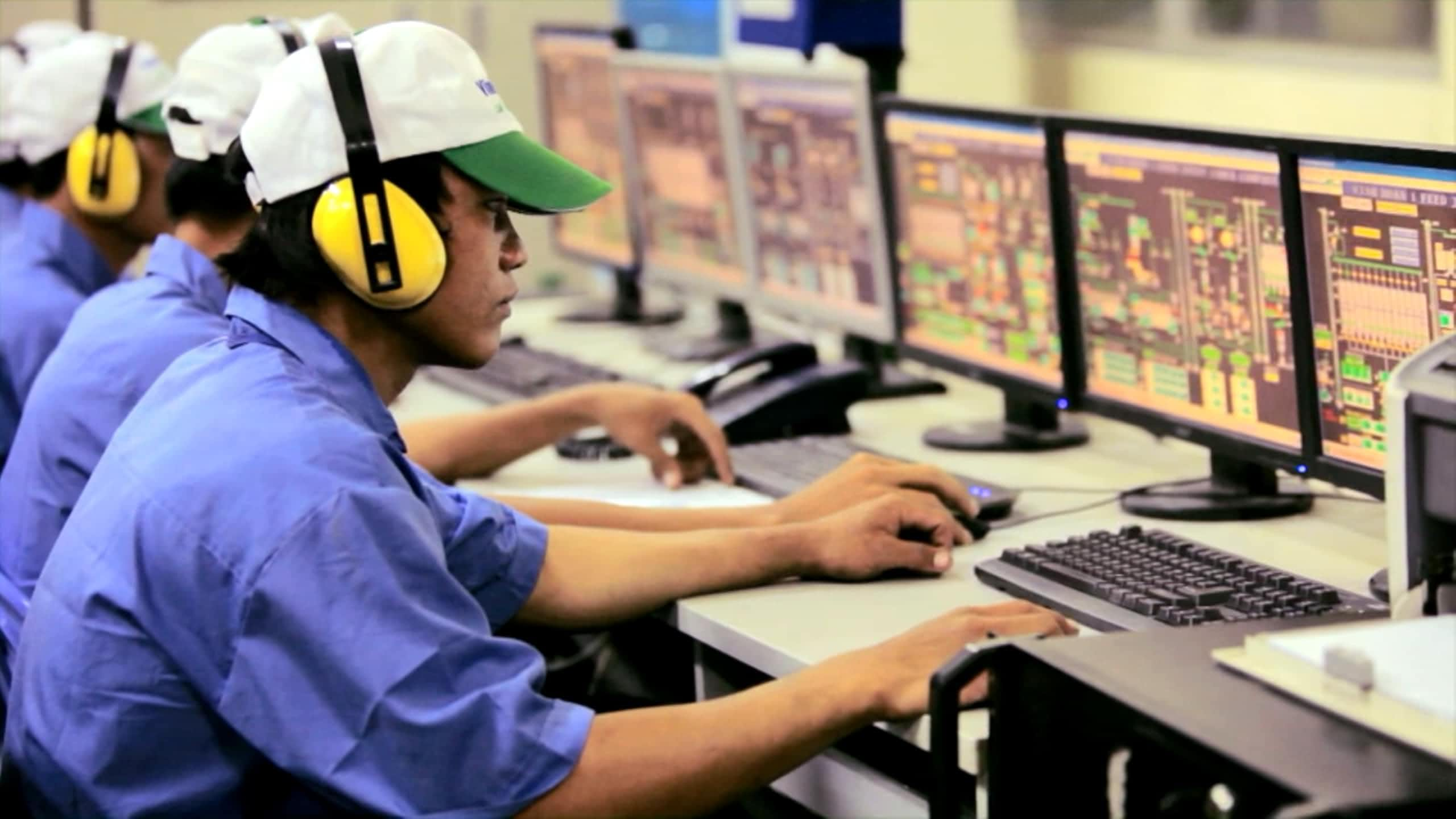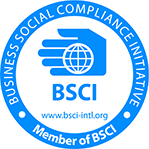Hazard Analysis and Critical Control Point (HACCP) is a scientific, rational, and systematic approach to identifying, assessing, and controlling hazards to ensure food safety throughout production, processing, manufacturing, preparation, and consumption.
